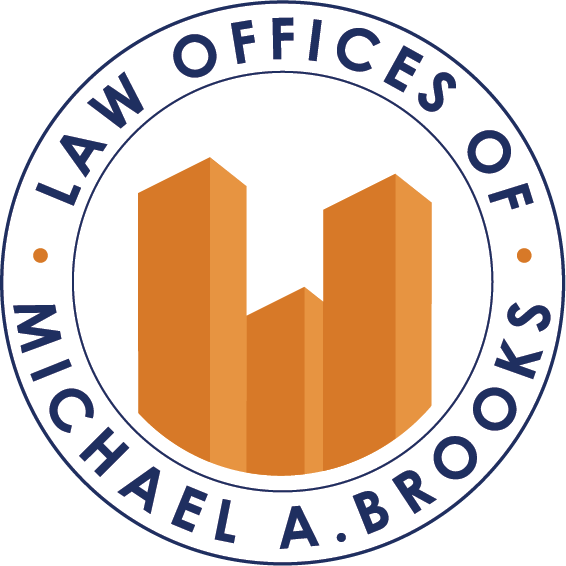WATCH THOSE CONDEMNATION CLAUSES IN YOUR COMMERCIAL LEASES
On behalf of Michael Brooks of Law Offices of Michael A. Brooks posted in land use & zoning restrictions on Friday, May 11, 2018.
If you have a commercial lease and you’re asking, “What’s a condemnation clause?” it’s time to get your lease out and read it. There’s some important information in there you missed.
You wouldn’t be the first person to make that mistake. Condemnation clauses seem like they’re addressing such a remote possibility that both landlords and tenants often fail to carefully consider them — until a letter comes from the authorities somewhere saying that the building or land is about to be taken under an eminent domain provision for development.
Often these are “temporary takings” or only partial takings because construction is going on. A partial taking might scoop out a few feet of a property because the main road in front of it is being widened to accommodate increasing traffic. Temporary takings might mean giving up your parking to accommodate construction vehicles for a similar project even if you aren’t losing property in the long run. Sometimes the takings are total, however, such as when an economically depressed area is being razed for new development or a major highway is being built. In the end, all three can have a disastrous effect on a business.
If you’re a landlord, a permanent taking, whether total or partial, might be better for you than a temporary one. You’ll get at least as much (and probably more) for the property as if you had voluntarily sold it, which you can then turn into new property if you want.
A temporary or partial taking, however, can be a problem. Sure, the government will pay you rent while it’s using your space, but if your tenant closes up shop and relocates, you have to go looking for a new tenant once the government is done.
If you’re a tenant, your lease could put you in debt for a building or property you can’t really use for your operations — and make it impossible for you to afford to open up somewhere else. While you’re off the hook for the total taking, a temporary or partial taking could really damage you. That’s why it’s important to address all possibilities in the lease and not treat both situations the same.
Tenants and landlords need to negotiate condemnation clauses carefully and balance their interests. If you’re already in a lease, it’s an area that you need to address when the lease comes up for renewal.
Related Posts: California kills bill designed to relieve housing woes, Exercise caution when buying a farm for a marijuana business, California eyes major zoning law changes, How can you handle a zoning problem?
